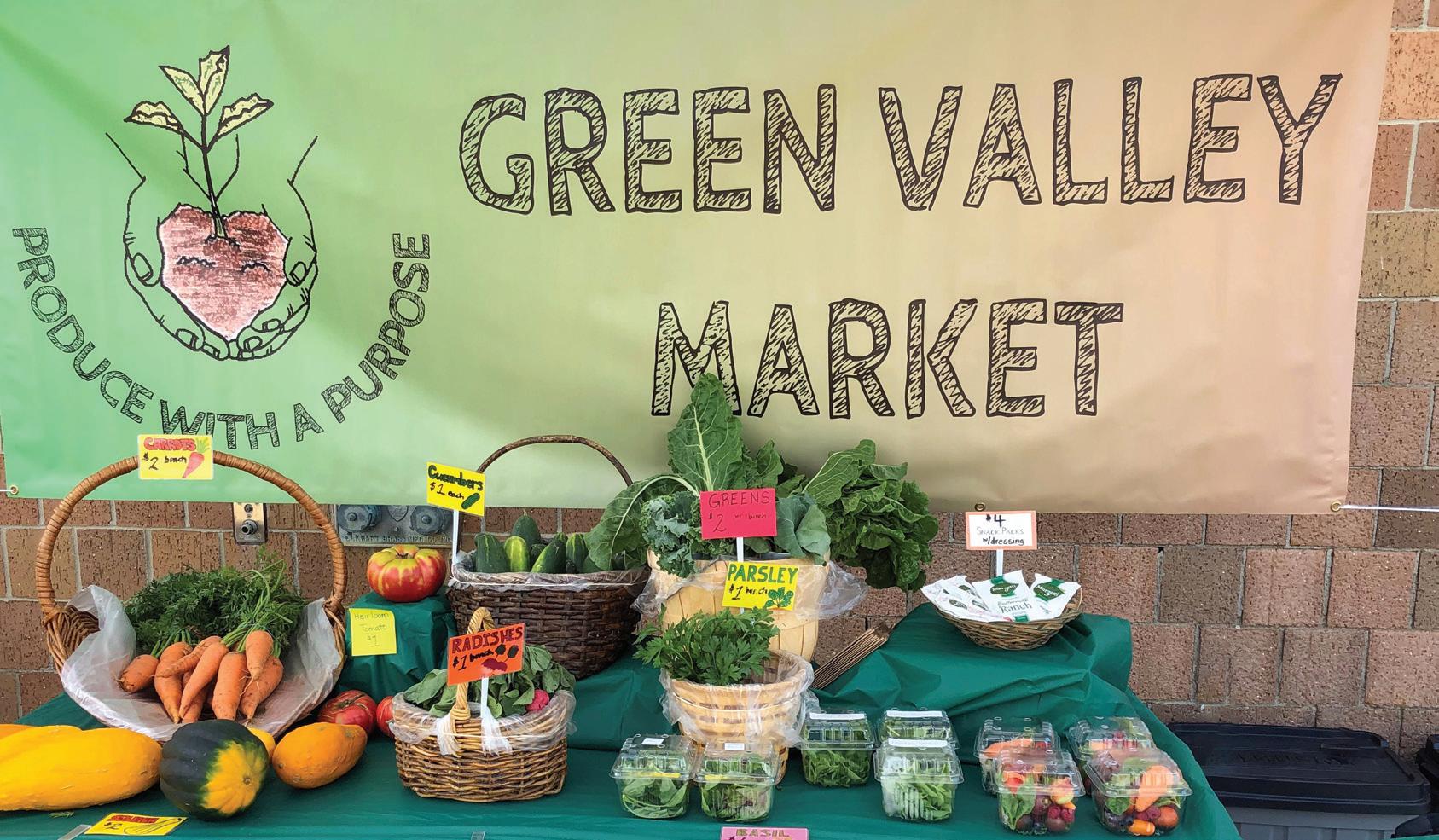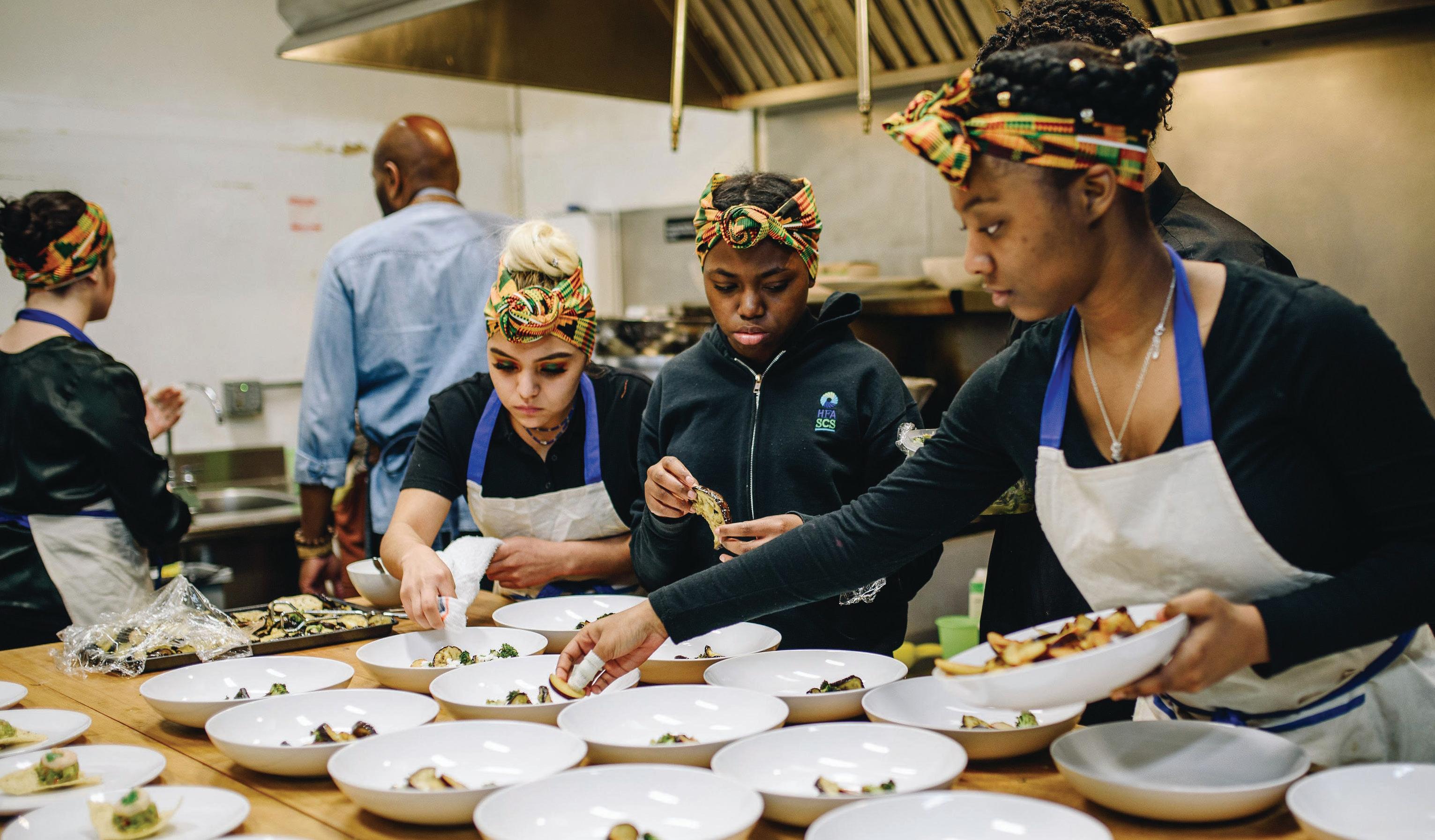
1 minute read
Empowerment & Healing through Local Food
KELLY WILSON, Director of Community Partners
Michigan is home to over 300 farmers markets with new ones cropping up every season. While municipalities often organize these community markets, a new locale is creating space for social connection over local food: prisons.
Prior to the privatization of the prison system, and their food service, Michigan Department of Corrections on-site prison farms and gardens were much more common. These spaces provided job training, education, and a self-sufficient means for feeding the prison population healthy food. Today, food grown in the few remaining prison gardens may only be donated or, in a select few cases, consumed by the folks tending it.
Of the three remaining prison horticulture training programs in the state, one is at the Women’s Huron Valley Correctional Facility (WHV). Through this program, 20-25 women a year are able to get their Pesticide Applicator License or Michigan Nursery Landscape License while practicing growing produce. They use their own garden bed to experiment with a variety of plants and growing conditions. Remaining space in the garden is dedicated to cultivating crops for Food Gatherers - a Washtenaw county hunger relief organization - and, new last year, an on-site farmers market, the Green Valley Market.

Green Valley Market is the first prison farmers market in Michigan.
“The farmers market provides the opportunity for our students to participate in a farm to market experience,” Ellen Baron, Horticulture Instructor at WHV says.
Started in August 2019, the Green Valley Market is the first prison farmers market in the state. With support from MSU Extension and a variety of community partners, this farmers market allows inmates to sell everything from cabbage to zucchini to prison staff while developing critical entrepreneurship skills. The market also provides a unique, positive opportunity for inmates to share their excitement and knowledge with prison staff. Money made at the farmers market goes directly back into the horticulture program for expansion of their year round growing options.
Baron is proud of the engagement that this market creates between inmates and staff. “That involvement breaks down communication barriers and allows all involved to see the shared humanity in each other. It’s a beautiful thing!”










